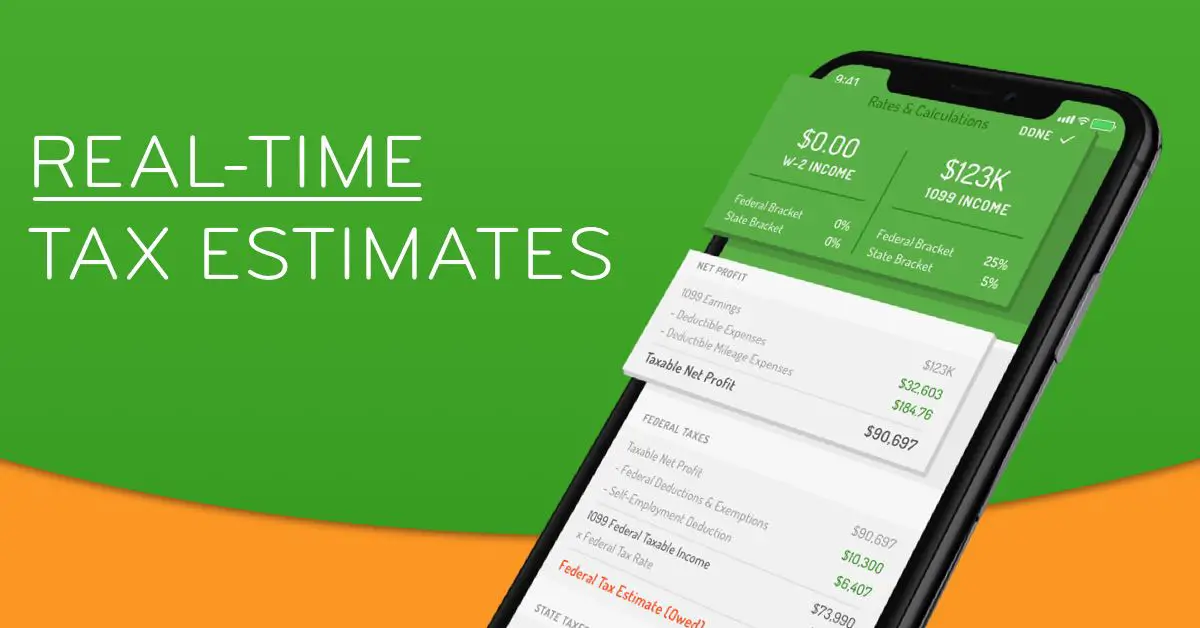freelance finances
-
Dealing with Downtimes and Irregular Income: 7 Effective Techniques
So, you don’t earn the same amount of money every month, and…
-
How Freelancers Can Manage Startup Finances
The internet and the rise of remote work have turned freelancing into…
-
7 Common Freelancing Mistakes You Should Avoid to Become Successful
Freelancing is usually associated with working from home, choosing your work hours,…
-
Win an Annual Subscription to Hurdlr and Track Your Finances & Taxes Easily
It’s trick or treat time for most, but we’re all about treats…
-
Freelance Finances: Getting Out Of Debt As A Writer
As freelance writers, we’ve all been there. Where? In debt. Maybe it’s…
-
7 Ways to Start Making Money as a Freelance Writer
Freelance writing is one of the most talked about ways to make…
-
Why and How Freelancers Should Invest Their Money
Being a freelance writer comes with many advantages and unique challenges. While…
-
7 Money-Saving Tips for Freelancers
As business owners, freelancers must always keep one eye firmly on their…
-
How To Assess The Financial Health Of Your Writing Business
by Sharon Hurley Hall Doing a financial health check is an essential…








